Their grassroots movement broke the silence on the need for safe, legal abortion
In 2017, the Bolivian government revised the nation’s penal code, and a heated national debate broke out over new provisions that would greatly expand legal abortion access. Coalition spokespeople and leaders helped keep a spotlight on the real lives that would be saved by safe, legal abortion. The revised penal code was passed in Dec. 2017 and activists briefly rejoiced this great triumph for women’s health and rights. But political pressure and protests in Jan. 2018 caused Bolivia’s president to repeal the newly enacted penal code.
The fight continues for safe, legal abortion. Over the past years, the coalition has also developed a Sexual and Reproductive Rights Draft Bill—addressing topics like sexual violence, HIV/AIDS, abortion and family planning—which is now slated for review and approval in 2018.
Here are a few of the leaders helping drive the movement. They’ve dared to speak out on topics often considered taboo, they’ve rallied their communities, and their tireless efforts bring Bolivia ever closer to a major step forward for reproductive rights.
Photography by Ariel Duranboger
Roberta Yucra
Member of Miner Cooperative 10 de Febrero – Oruro, Former Executive with the National Federation of Miner Cooperatives
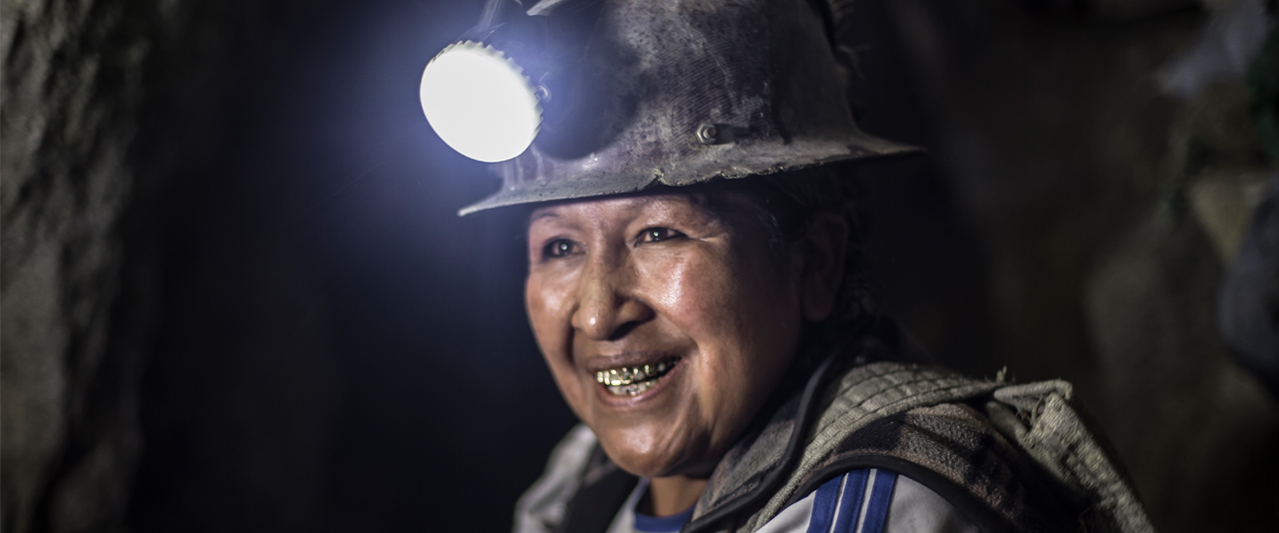
A fearless leader, Yucra forged a career in the mining industry—where only 30% of the workforce is women. Women miners face high rates of gender-based violence, unintended pregnancy and unsafe abortion. Trainings with Ipas Bolivia on sexual and reproductive health and rights allowed Yucra to educate her coworkers and talk openly about the dangers of unsafe abortion.
To be able to lead my sisters, that’s my role … to empower them to achieve our rights together.”
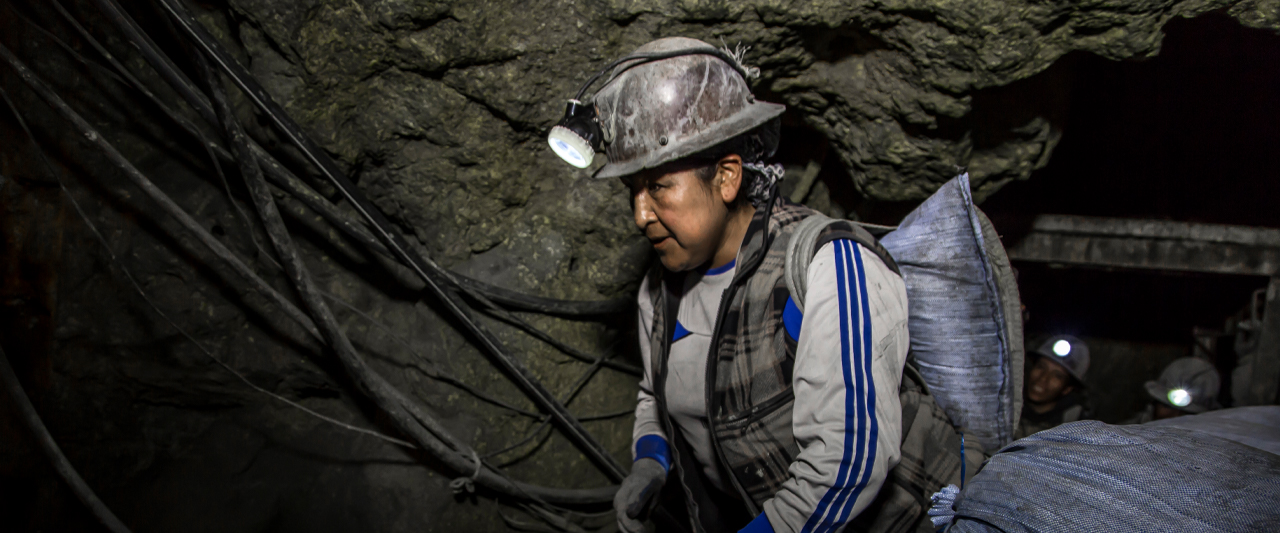
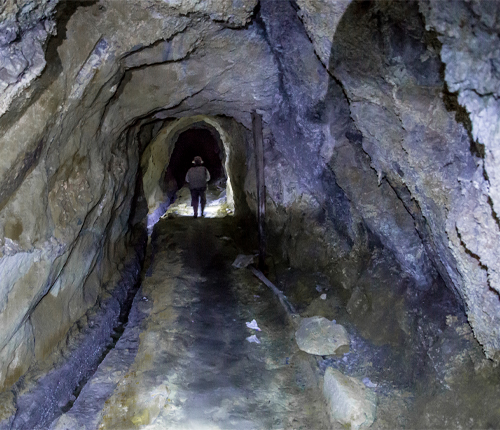
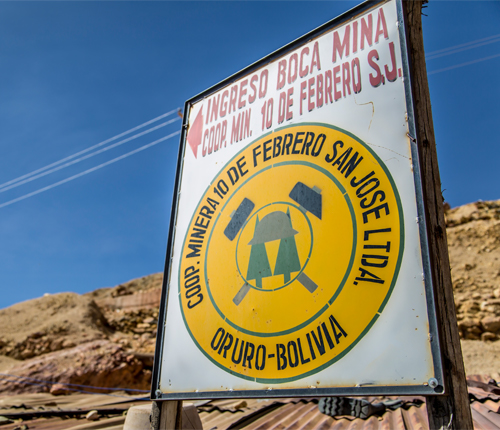
Natalia Quispe pucho
Former National Executive with the Women’s Confederation of Intercultural Communities of Bolivia
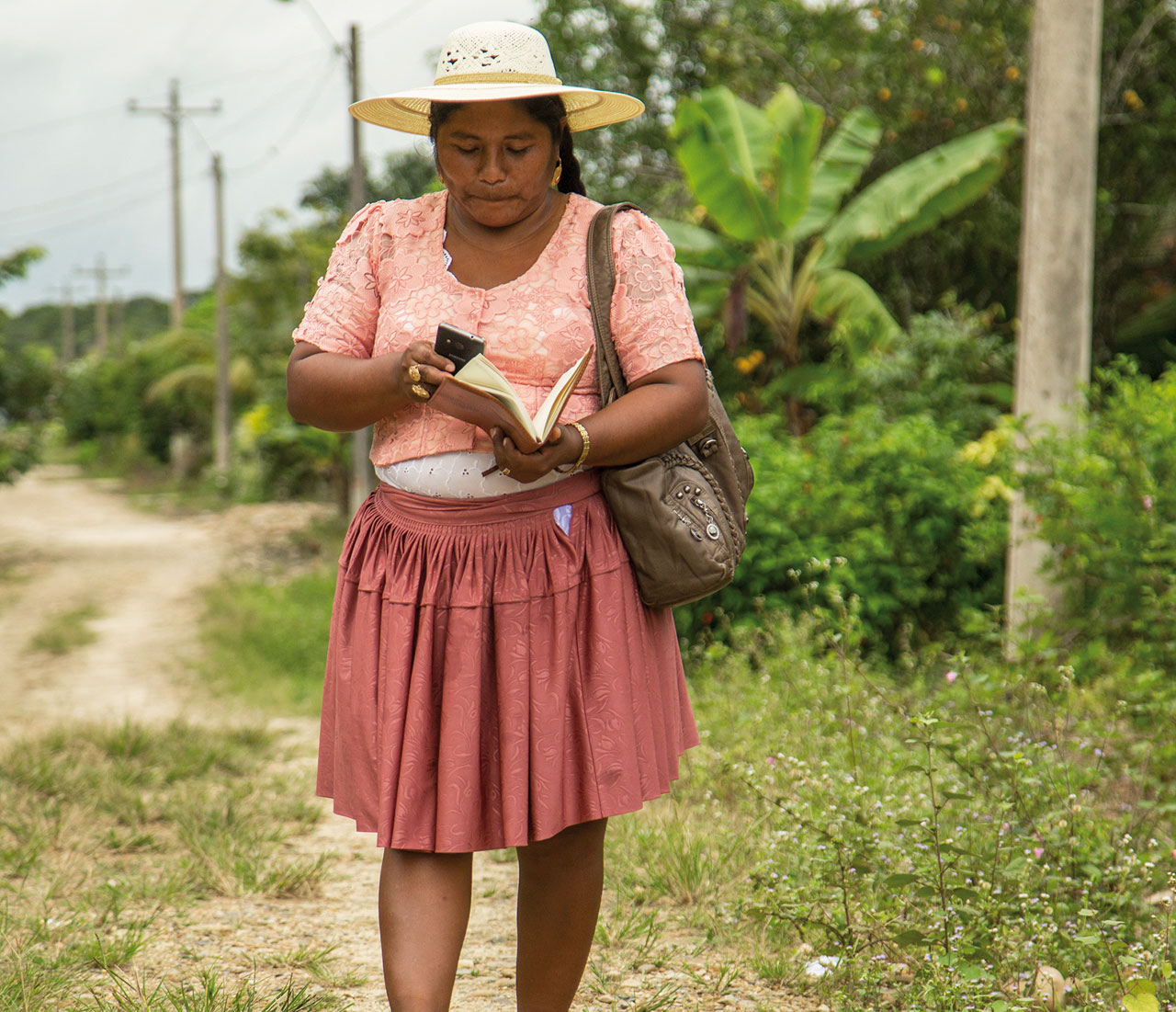
A Quechua woman, farmer and prominent union leader, Pucho is a tireless advocate for Bolivia’s rural women. She’s seen the high rates of violence they face and has known women who died from unsafe abortions. Working with the women of her organization, she helped shape and build support for the Sexual and Reproductive Rights Draft Bill now before Bolivia’s lawmakers.
As a leader, I used to listen to so many sad stories from unions, women’s organizations, communities. Abortion under unsafe conditions is killing us … women are dying and leaving children orphaned.”

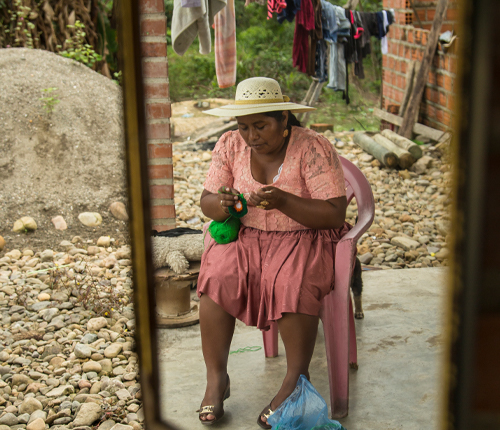
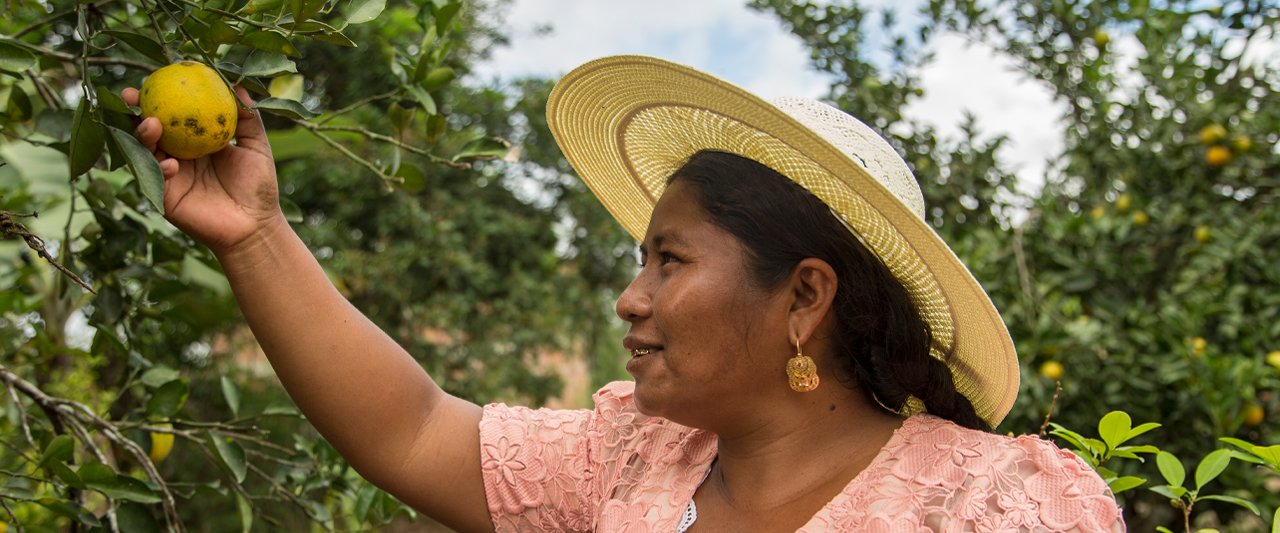
A coca leaf and fruit farmer, Mucho knows well the hard work and challenges rural women face in Bolivia.
Sandra Angles Ticona
Representative of the Alto Beni Federation, Manager with the Departmental Women’s Federation of Intercultural Communities Originating in La Paz
When Ticona’s friend suffered complications of an unsafe abortion, she started educating her community on the need to make abortion safe and legal. At first the people in her town didn’t want to talk about it; the topic was taboo. But slowly people opened up and began sharing their stories. Unsafe abortion, although very common, had been well hidden.
Through sexual and reproductive rights we can know ourselves as women, as men, and be able to decide about our own bodies and, most importantly, when and where we have children.”
“Women from [my] town had never heard about sexual and reproductive rights, and it was even more shocking to men,” Ticona says.
Elisa Vega Sillo
Community spiritual leader in the Kallawaya Nation, Member of the National Council of Ayllus and Markas from Quollasuyu
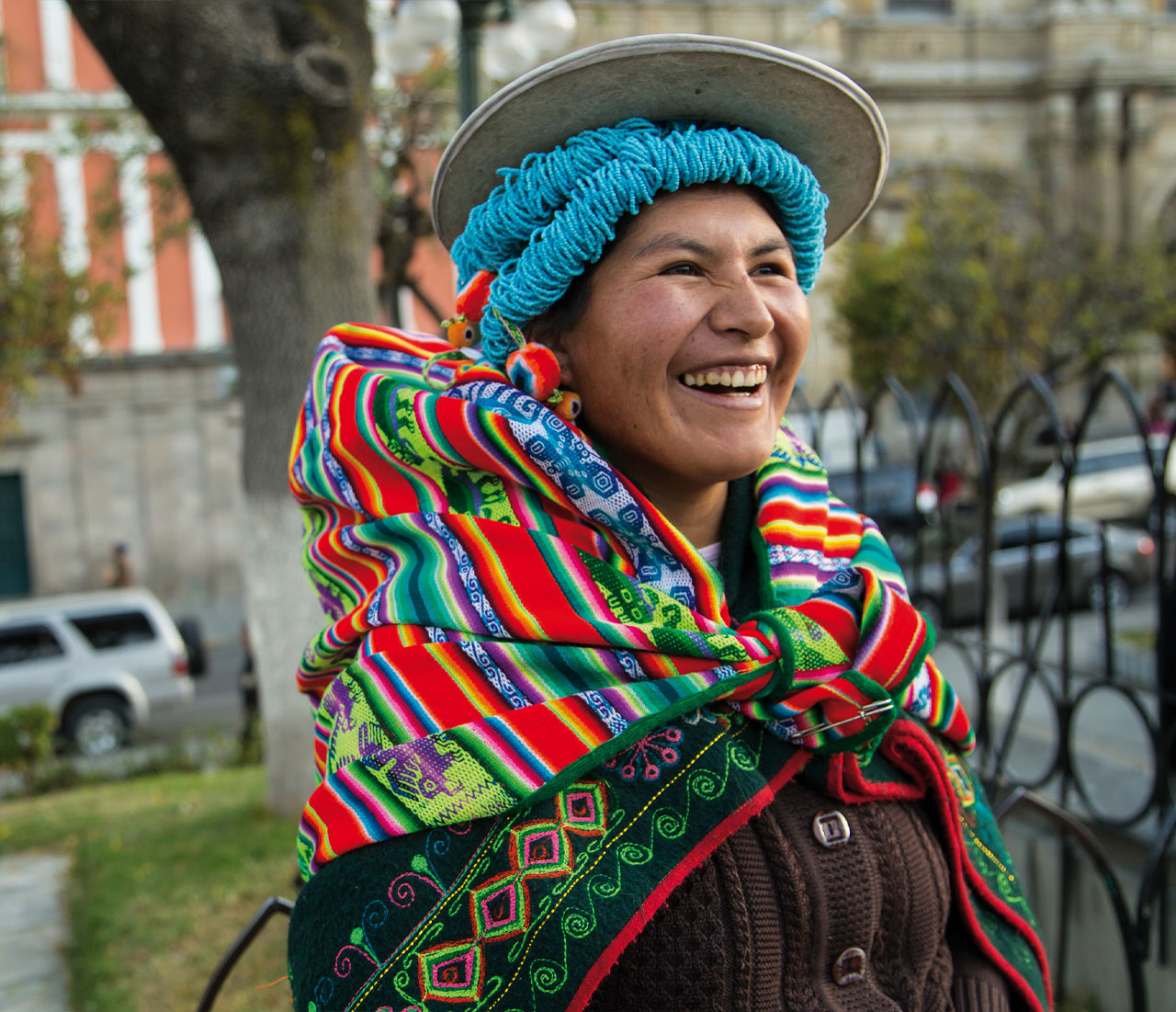
A nurse and spiritual leader in her community, Sillo knows well that indigenous communities like hers have long considered abortion as a natural way women take care of themselves when circumstances require it. Sillo participated in Ipas Bolivia’s trainings on sexual and reproductive rights and has since been an outspoken advocate for safe, legal abortion—especially for rural women.
Abortion is not only a women’s issue, it’s a problem of our society and our State. We see many women dying because of unsafe abortions.”
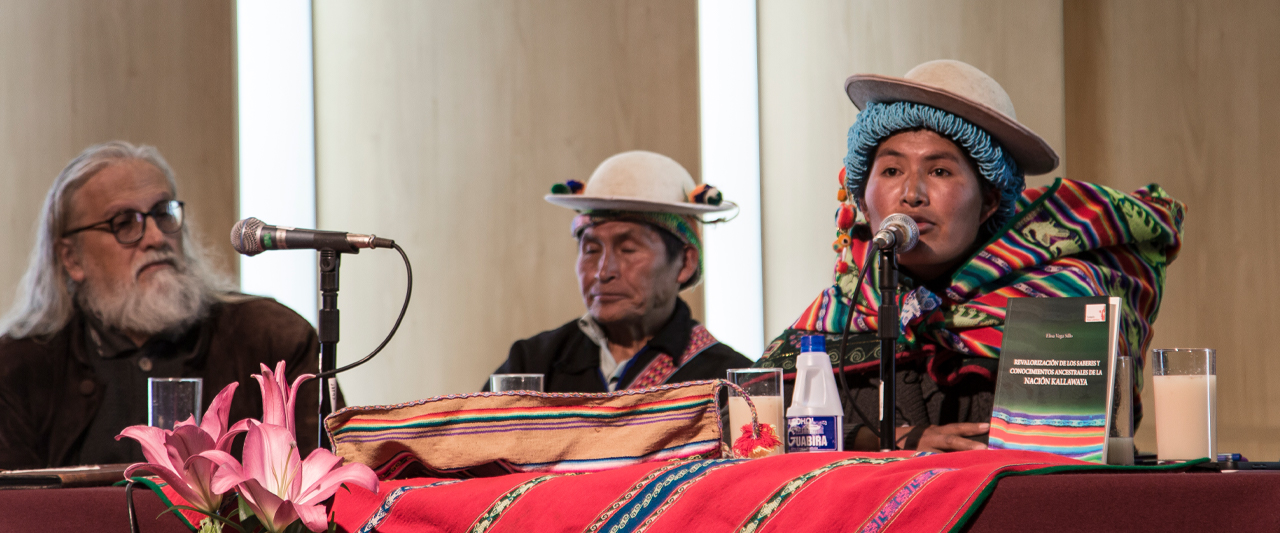
Estanislao Rojas Carmona
Sexual and reproductive rights activist, Potosí
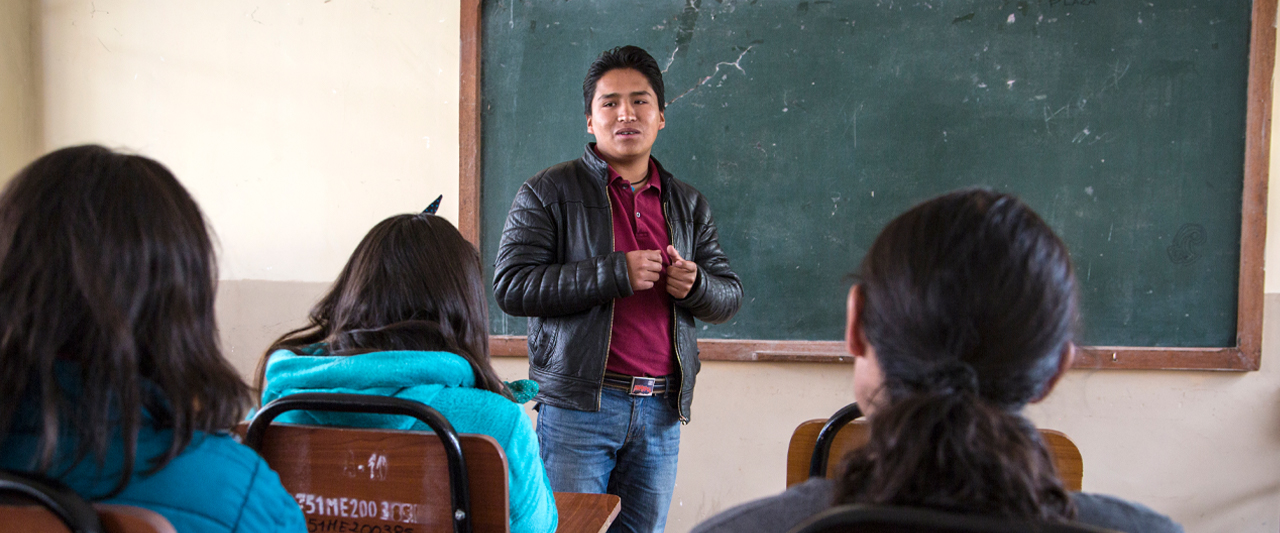
As a community educator on sexual and reproductive rights, Carmona is helping break the silence on taboo topics like unsafe abortion.
An activist from Potosí in the southern Bolivian highlands, Carmona knows there was always silence on the issue of unsafe abortion. But things are changing, he believes, and both men and women are speaking up. In his community workshops on sexual and reproductive rights, he stresses these “are not only women’s rights, but real and concrete rights for everyone.”
Laws are not passed on their own, especially laws involving rights. This is a historic matter. Women are taking their futures into their own hands.”
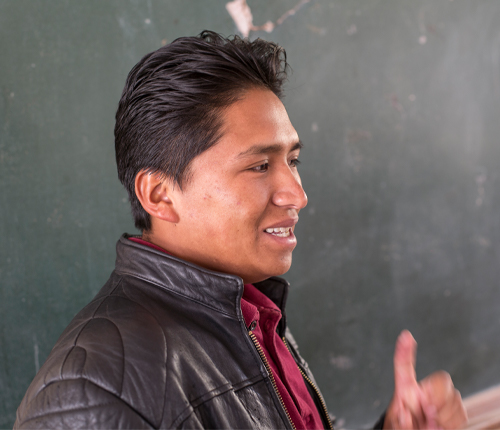
Maxima Apaza Millares
Senator, President of the Parliamentary Network for Children and Adolescents
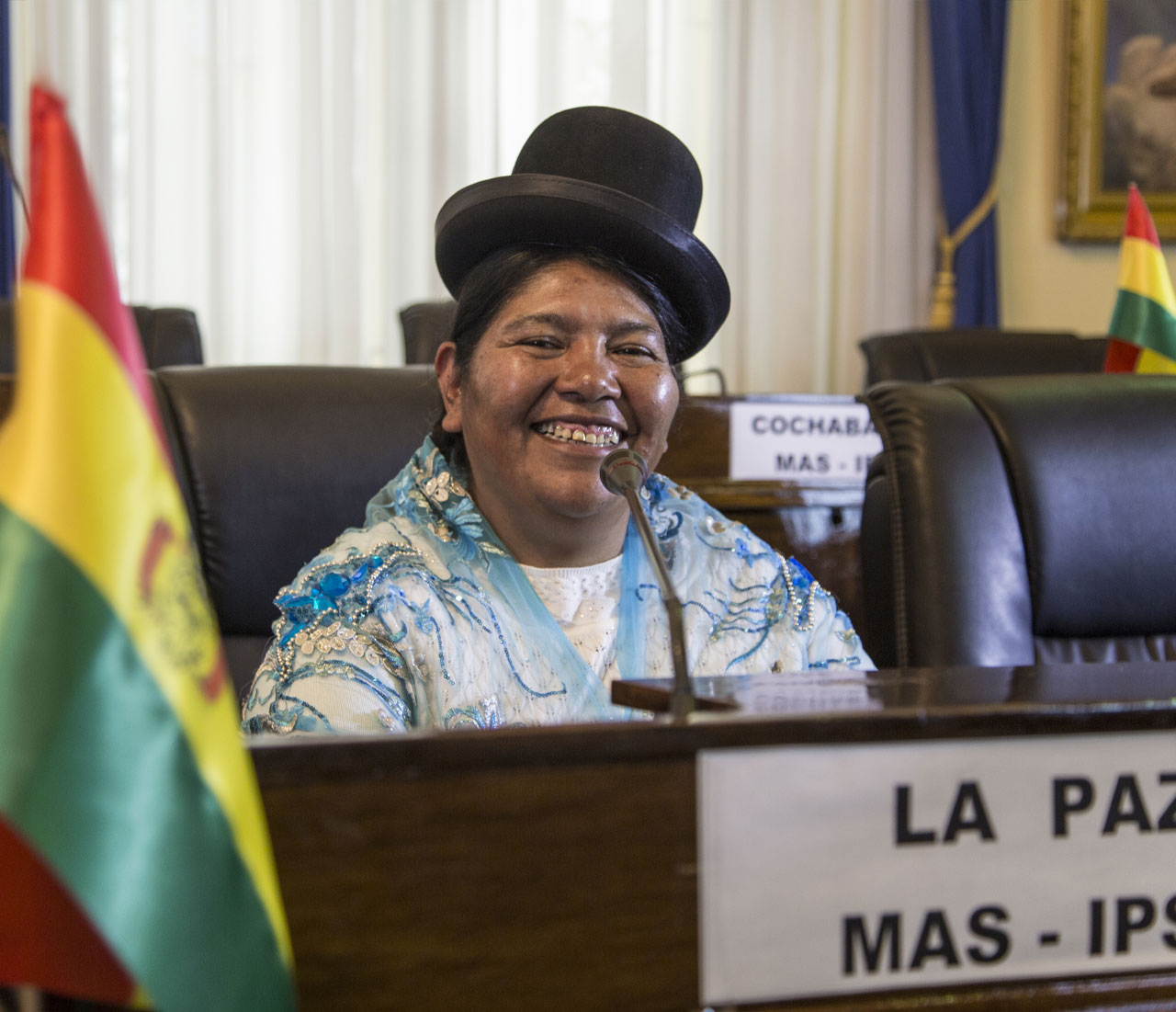
An Aymara woman whose family came to La Paz from the high plateau region of western Bolivia, Senator Apaza Millares has worked with Ipas for years to educate people on the preventable public health problem of unsafe abortion, which disproportionately affects rural, indigenous women. “We cannot turn a blind eye to this reality,” she cautions.
With the reform of the penal code, for the first time women will be able to decide over their own bodies and that decision must be respected.”
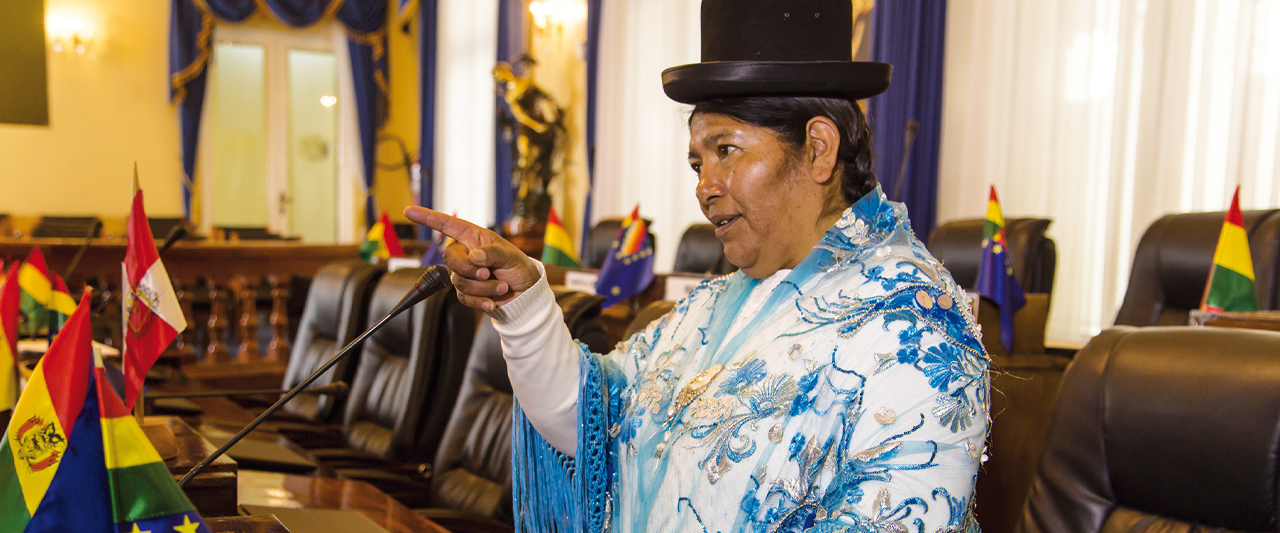
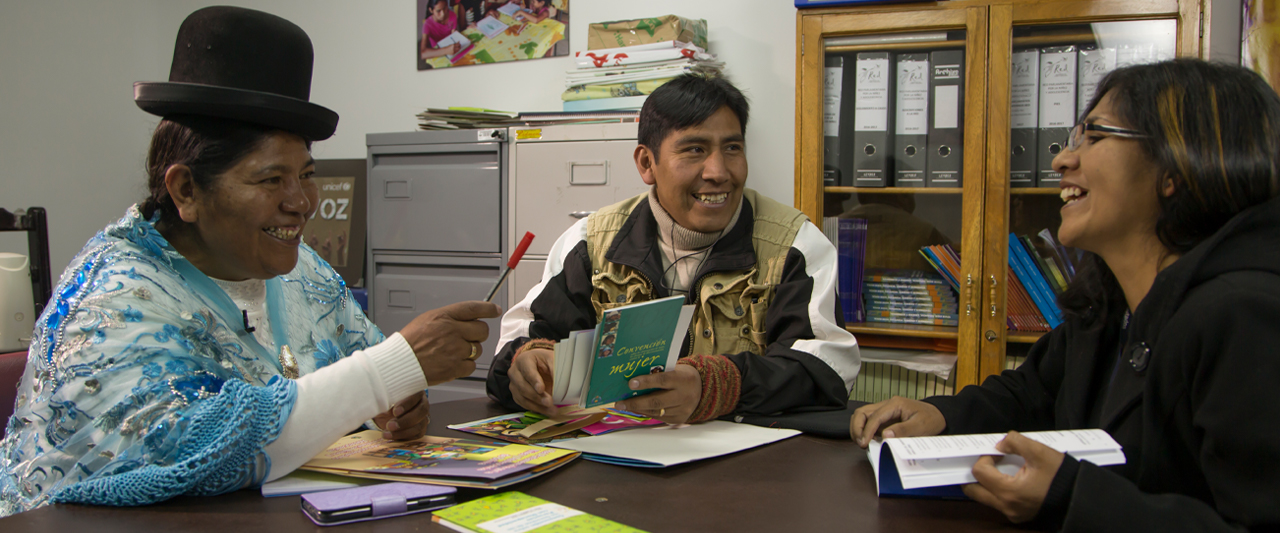
Long an advocate for abortion rights, Senator Apaza Millares traveled for years to educate communities on the need to end unsafe abortion.
YOU CAN HELP IPAS SUPPORT GRASSROOTS MOVEMENTS LIKE THIS FOR SAFE, LEGAL ABORTION.
For more information, contact [email protected]


